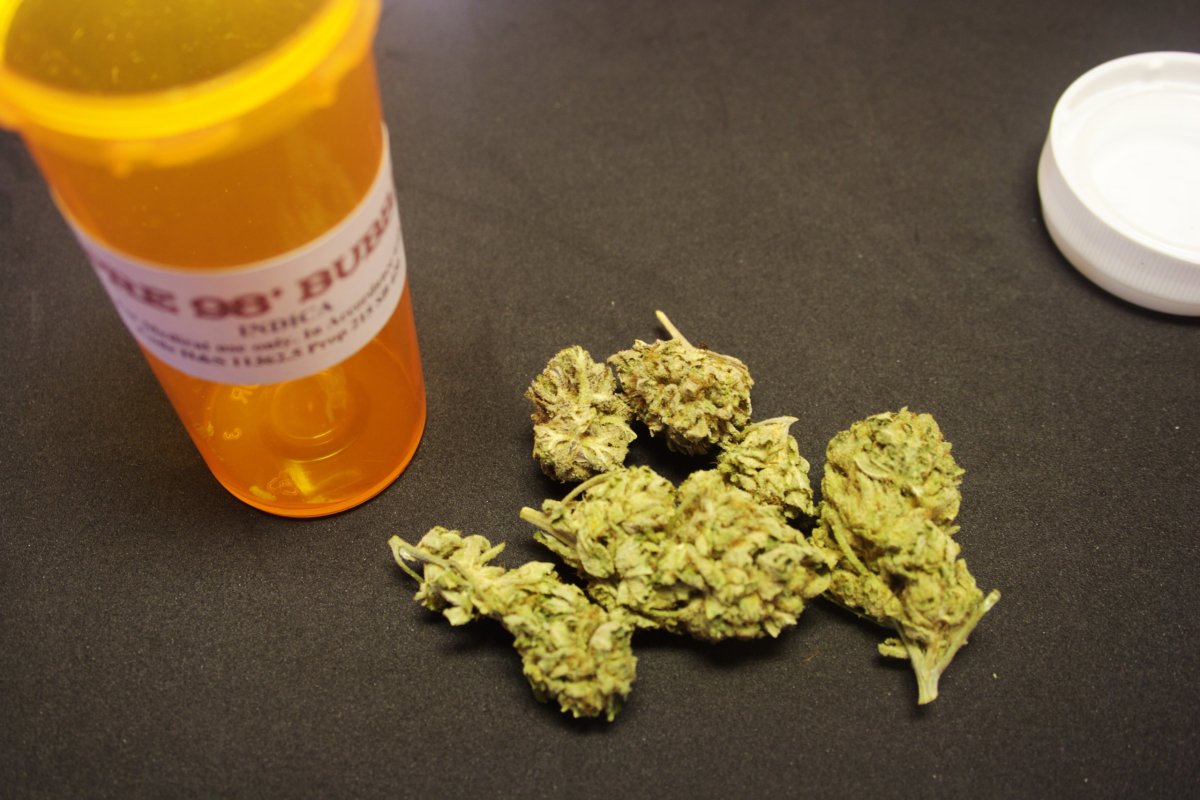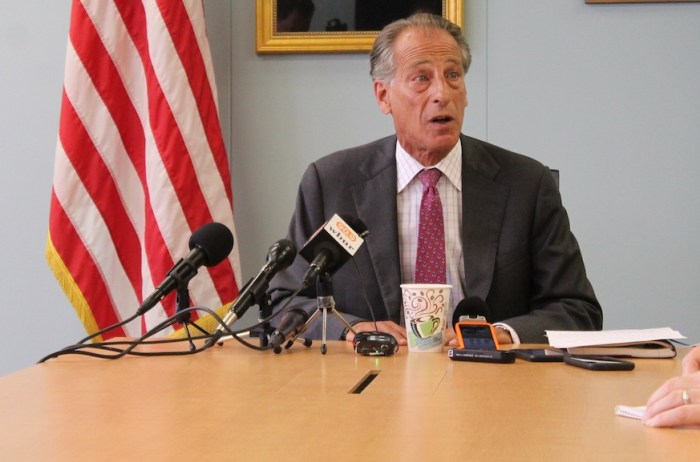States with medical marijuana laws on the books have fewer traffic fatalities, particularly among young drivers, a new study found.
Researchers at Columbia University’s Mailman School of Public Health found states saw an 11 percent reduction in fatalities on average after enacting marijuana laws. Compared against states without medical marijuana laws, those with them had 26 percent lower fatality rates. As of November, 23 states plus the District of Columbia have legalized medical marijuana. In Massachusetts, where recreational marijuana was legalized Dec. 15, numerous law enforcement officials have voiced concerns over the possibility of an increase in drugged driving.
“It’s a proven fact that driving under the influence of marijuana is every bit as dangerous as it is for alcohol, but unlike alcohol, we don’t yet have a way to quantify a driver’s impairment from marijuana,” Suffolk County District Attorney Daniel Conley said last month. RELATED:Marijuana-impaired driving case speaks to need for ‘urgent’ drug law, DA says Medical marijuana was legalized in the state in 2012. It remains to be seen whateffectslegal recreational use of marijuana will haveon traffic incidents.
Researchers theorized changing attitudes on marijuana might be responsible for younger drivers saying no to alcohol over pot.
The biggest decreases in traffic fatalities where medical marijuana is legal were found for drivers ages 25 to 44,a group representing a high percentage of registered patients in state medical marijuana programs. “This finding suggests that the mechanisms by which medical marijuana laws reduce traffic fatalities mostly operate in those younger adults, a group also frequently involved in alcohol-related traffic fatalities,” said Julian Santaella-Tenorio, a doctoral student. In 2004 and 2013, 47 percent of fatally injured drivers with a blood alcohol content of 0.08 or greater were 25 to 44 years old.
By contrast drivers 45 and older, who are also an overrepresented group in state medical marijuana programs, did not see the same results.
Silvia Martins, a doctor and associate professor who was the study’s senior author, agreed marijuana laws might deter alcohol use — especially among younger people.
“We found evidence that states with the marijuana laws in place compared with those which did not, reported, on average, lower rates of drivers endorsing driving after having too many drinks,” she said. Martins pointed to other circumstances such as the strength of public health laws related to driving, infrastructure, and the quality of health care systems to explain the findings.
Not all states with medical-marijuana laws saw the same declines in traffic-related fatalities, researchers warned. California and New Mexico both saw increases after immediate post-law reductions of 16 and 17.5 percent respectively. Researchers based their findings on data for 1.2 million traffic deaths between 1985 and 2014. The study was published in theAmerican Journal of Public Health.
Traffic fatalities down in states with medical marijuana: Report

Flickr


















